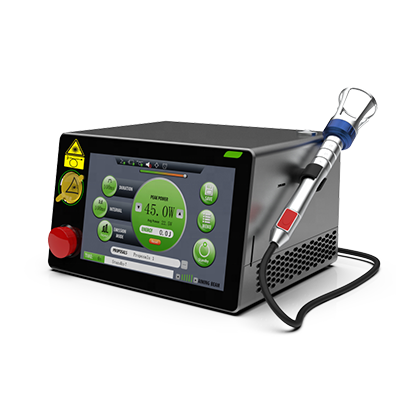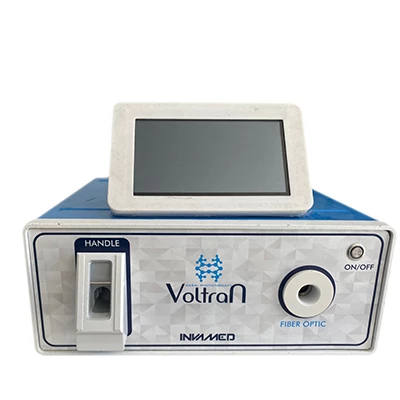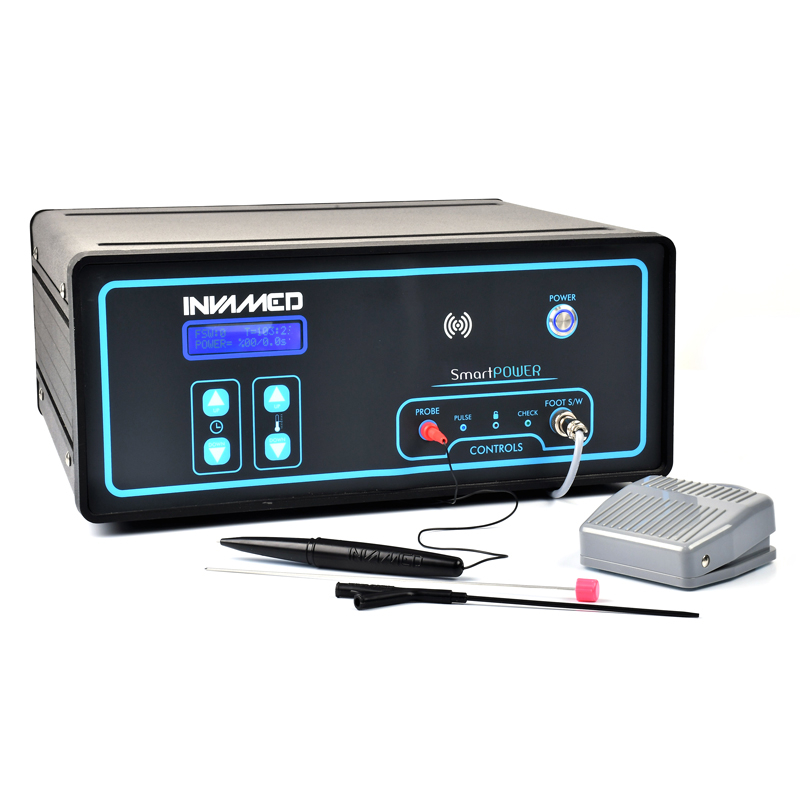LasEnt
Laser System for ENT Surgery and Snoring
Advanced treatment of snoring and ear-nose-throat diseases
TeraG is the best choice for the ENT specialist
The laser-assisted uvuloplasty procedure (LAUP) offers the ability to treat many problems with breathing or sleep apnea in a minimally invasive way and without side effects.


Detailed specifications
TeraG is high performance diode laser platform for surgery with more indication of the market. The system is the preferred treatment method in Otorhinolaryngology
Advantages
- Excellent vascular coagulation
- High precision cutting, incision and excision
- Adaptability to different fiber types for a multitude of applications
- Long life laser generator
- Ease of use and flexibility of use in interstitial therapy
- Access to hard-to-reach areas
- Excellent cutting, coagulation and evaporation
Besides causing an annoying noise that alters and reduces sleep quality, some snorers suffer from interrupted breathing or sleep apnea, which can cause concentration problems, anxiety and even increased cardiovascular risk.
The laser-assisted uvuloplasty procedure (LAUP) offers the ability to treat many problems with breathing or sleep apnea in a minimally invasive way and without side effects.
Outpatient procedure with immediate recovery
The procedure with the laser consists of retraction of the uvula using energy in the interstitial mode. Laser energy heats the tissue without damaging the skin surface, making it shrink and opening the nasopharyngeal cavity more, facilitating the passage of air and reducing snoring. Depending on the situation, the problem can be resolved in a single treatment session or it may require several laser applications until the desired tissue contraction is achieved. It is an outpatient procedure.
In addition to eliminating snoring, the laser system also achieves good results in the treatment of other Ear, Nose and Throat diseases:
- Adenoid vegetation growth
- Lingual tumors and laryngeal benign Osler's disease epistaxis gingival hyperplasia
- Congenital laryngeal stenosis
- Palliative ablation of laryngeal malignancy leukoplakia nasal polyps turbines
- Nasal and oral fistula (coagulation of the endophistula to the bone)
- Soft palate and lingual partial resection tonsillectomy
- Advanced malignant tumor
- Nasal breathing or throat malfunction

